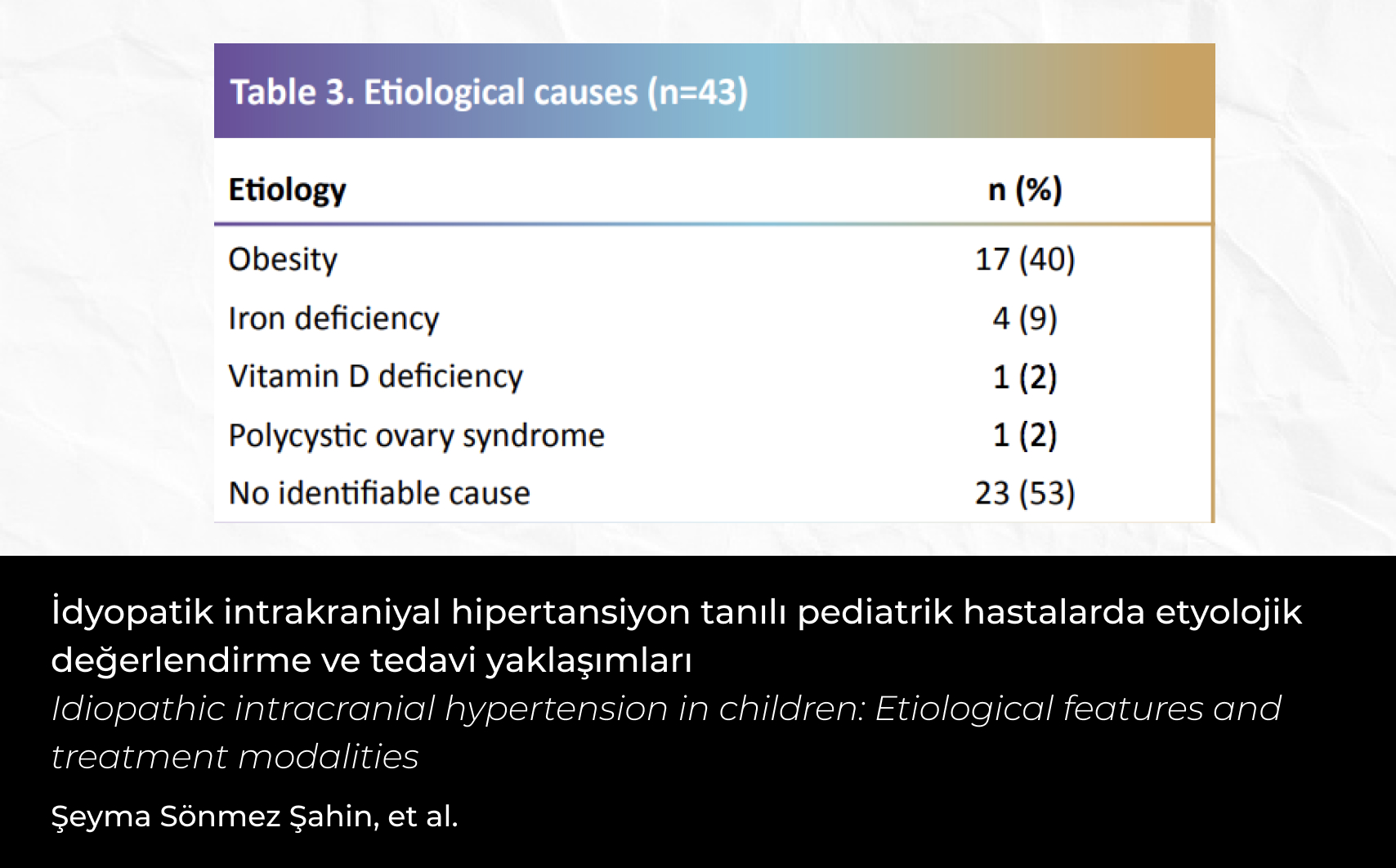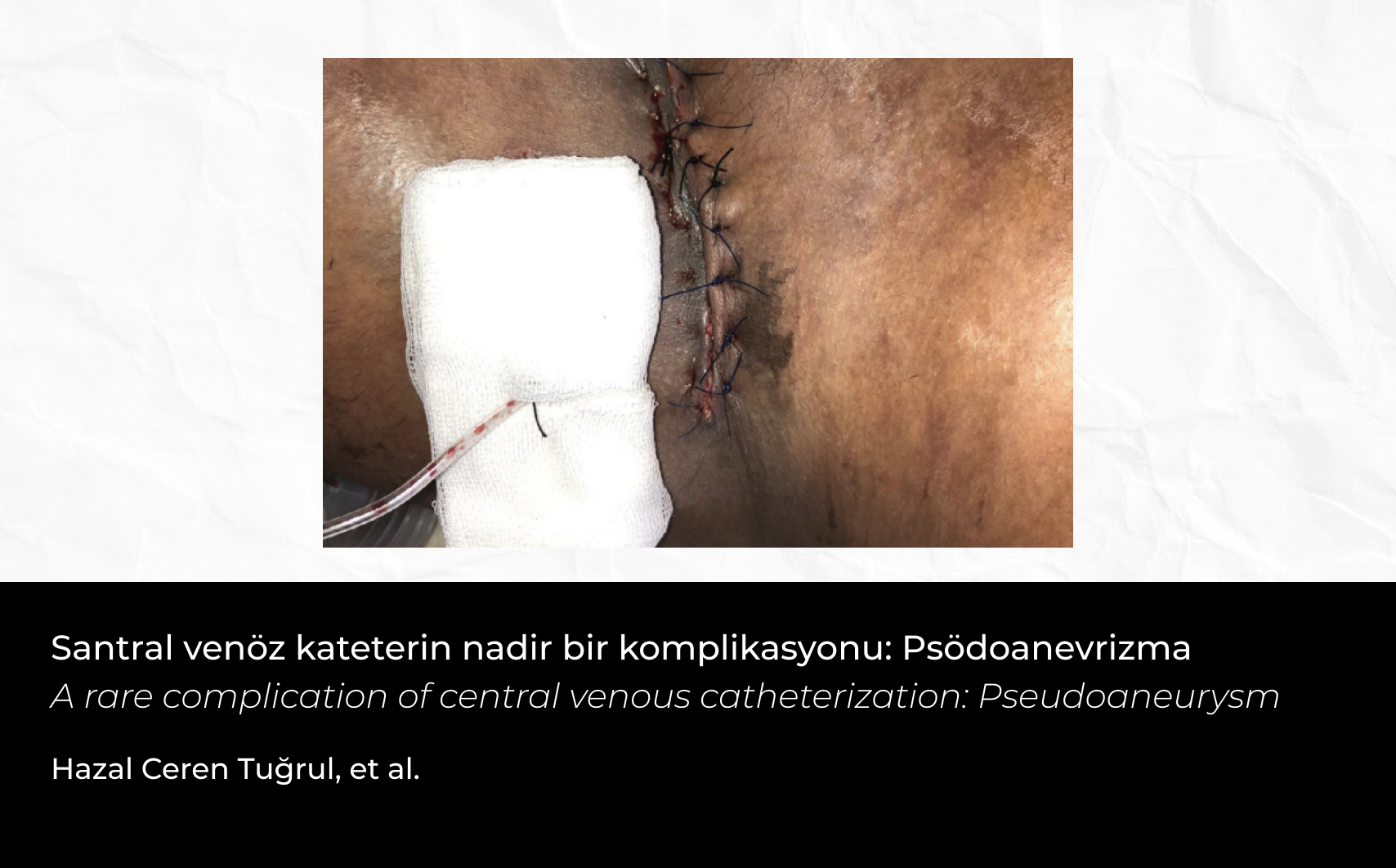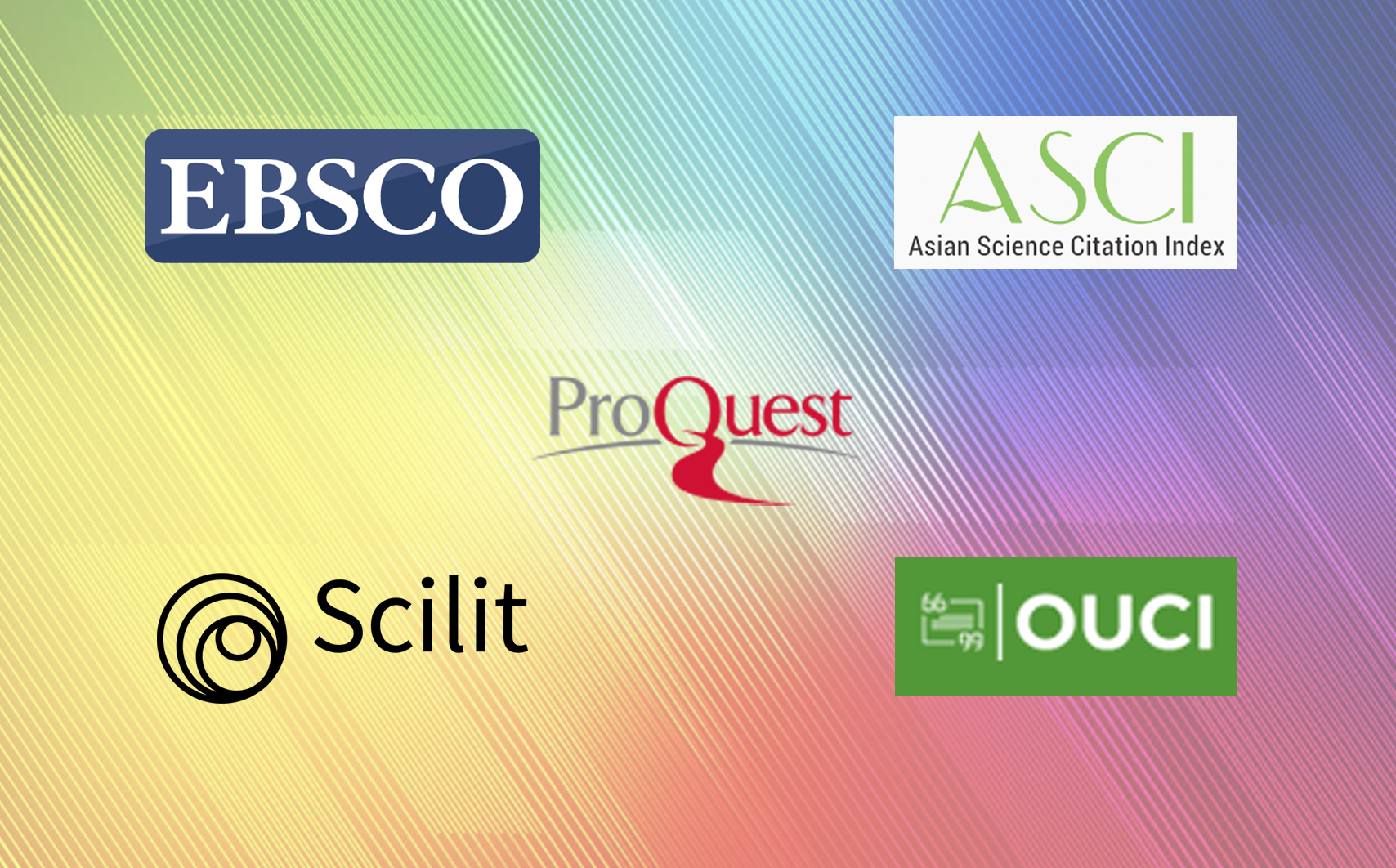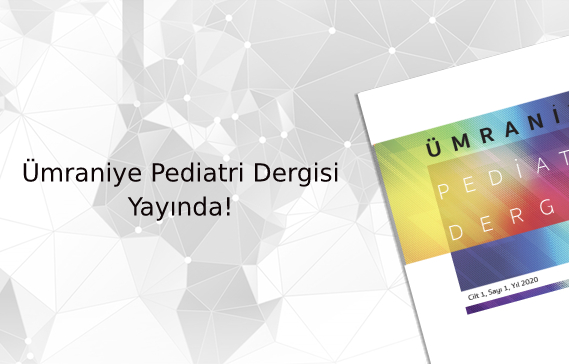2Kahramanmaraş Sütçü İmam Üniversitesi Tıp Fakültesi Çocuk Alerjisi ve İmmünoloji Anabilim Dalı, Kahramanmaraş, Türkiye
3Kahramanmaraş Sütçü İmam Üniversitesi Tıp Fakültesi Neonatoloji Anabilim Dalı, Kahramanmaraş, Türkiye
4Sağlık Bilimleri Üniversitesi, Bursa Yüksek İhtisas Hastanesi, Çocuk Sağlığı ve Hastalıkları Anabilim Dalı, Bursa, Türkiye
Özet
Amaç: Bu çalışmanın amacı, yenidoğan döneminde solunum desteği alarak tedavi edilen hastaların 0-4 yaş aralığında alerjik hastalıklara yatkınlıklarının araştırılmasıdır.
Gereç ve Yöntemler: Yenidoğan döneminde solunum desteği alan çocuklar hasta grubu (n=200) olarak, aynı dönemde fizyolojik sarılık, hipoglisemi ve başka bir nedenle izlenen çocuklar kontrol grubu (n=200) olarak çalışmaya alındı. Ulaşılabilen 195 olguya birinci basamak telefon anketi uygulandı. Telefon anketi sonucunda alerjik hastalık şikayeti olan hastalar hastaneye davet edildi. Hastaneye gelmeyi kabul eden 70 olgu (35’i hasta grubu, 35’i kontrol grubu) çocuk alerji ve immünoloji polikliniğine çağırıldı. Hastalardan ayrıntılı anamnez alındı ve fizik muayene ile değerlendirildi.
Bulgular: Yenidoğan döneminde solunum desteği almış olan bebeklerin; yaşamlarının herhangi bir döneminde hışıltı ve hırıltı şikayetlerine sahip olma varlığının da anlamlı düzeyde yüksek olduğu saptandı (p<0,01). Yenidoğan döneminde solunum desteği almış olan bebeklerin; astım tanısı almış olma durumu anlamlı düzeyde yüksek saptandı (p=0,02). Yenidoğan döneminde solunum desteği almış olan bebekler ile almamış olan bebekler arasında alerjik rinit ve atopik dermatit açısından anlamlı fark bulunamadı (p=0,72, p=0,13).
Tartışma: Çalışmamızda yenidoğan döneminde solunum desteği almanın çocukluk astımına yatkınlıkla ilişkili olabileceği bulunmuş, ancak alerjik rinit ve atopik dermatit varlığı ile yenidoğan döneminde solunum desteği alma arasında anlamlı bir ilişki bulunamamıştır.
2Department of Pediatric Allergy and Immunology, Kahramanmaraş Sütçü İmam University Faculty of Medicine, Kahramanmaraş, Türkiye
3Department of Neonatology, Kahramanmaraş Sütçü İmam University Faculty of Medicine, Kahramanmaraş, Türkiye
4Department of Pediatrics, University of Health Sciences, Bursa Yüksek İhtisas Hospital, Bursa, Türkiye
Abstract
Objective: The aim of this study is to investigate the susceptibility of patients treated with respiratory support in the neonatal period to allergic diseases in the 0–4 age range.
Material and Methods: Children who received respiratory support in the neonatal period were included in the study as the patient group (n=200), and children who were followed up for physiological jaundice, hypoglycemia, and another reason in the same period were included in the study as the control group (n=200). A primary care telephone questionnaire was applied to 195 cases that could be reached. As a result of the telephone questionnaire, patients with allergic diseases were invited to the hospital. Seventy cases (35 Patient Group–35 Control Group) who agreed to come to the hospital were called to the Pediatric Allergy and Immunology Polyclinic. Detailed anamnesis was taken from the patients and evaluated by physical examination.
Results: Babies who received respiratory support in the neonatal period; the presence of wheezing and wheezing complaints at any time in their lives was also found to be significantly higher (p<0.01). Babies who received respiratory support in the neonatal period; the status of being diagnosed with asthma was found to be significantly higher (p=0.02). There was no significant difference in allergic rhinitis and atopic dermatitis between infants who received respiratory support in the neonatal period and those who did not (p=0.72, p=0.13).
Conclusion: In our study, it was found that receiving respiratory support in the neonatal period may be associated with susceptibility to childhood asthma, but no significant relationship was found between the presence of allergic rhinitis and atopic derma-titis and receiving respiratory support in the neonatal period.






 Ayten Yıldız1
Ayten Yıldız1 





